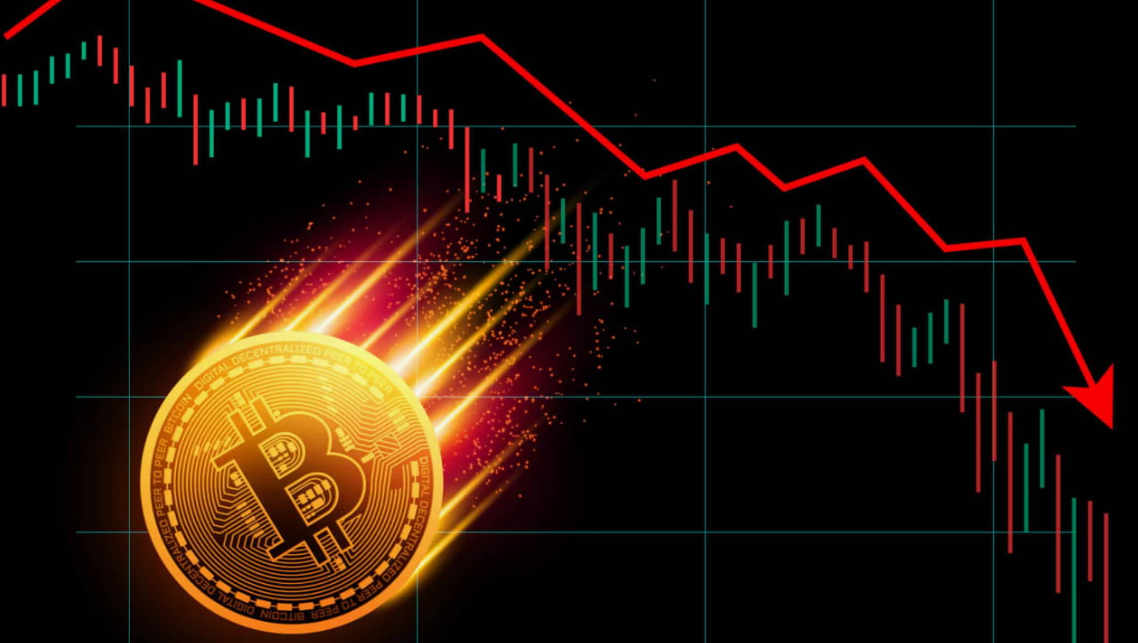The world economy feels like it’s on a rollercoaster, and trade wars are one of the reasons why. When geopolitical tensions rise, so do tariffs, sanctions, and supply chain disruptions. This isn’t just politics—it’s economics. Trade Wars 2.0 is here, and its effects are being felt everywhere. So, what’s going on, and how does it impact the global economy? Let’s break it down.
What Are Trade Wars and Why Do They Matter?
A trade war happens when countries impose tariffs or restrictions on each other’s goods and services to protect their own industries. Sounds straightforward, but the ripple effects are massive. These battles impact everything from currency values to the price of your groceries.
In today’s globalized world, economies are deeply interconnected. A tariff imposed by one country can lead to retaliation, escalating tensions and hurting businesses and consumers on both sides.
What’s New in Trade Wars 2.0?
This isn’t the first time trade wars have grabbed headlines. But Trade Wars 2.0 is different. Here’s why:
- Technology at the Core
It’s not just about steel or soybeans anymore. Tech industries—like semiconductors, AI, and 5G—are at the center of today’s trade wars. - Geopolitical Rivalries
Countries like the U.S. and China are competing not just economically but for global influence. This rivalry drives much of the current tension. - Sanctions and Export Controls
Beyond tariffs, countries are now using export controls to restrict access to key technologies. - Supply Chain Disruptions
The COVID-19 pandemic exposed vulnerabilities in supply chains, making trade wars even more impactful.
Economic Impacts of Geopolitical Tensions
Trade wars don’t just affect governments—they hit businesses, investors, and everyday people. Here’s how:
1. Higher Costs for Businesses
When tariffs are imposed, companies face higher costs for raw materials or finished goods. For example, a manufacturer importing steel from a country with high tariffs might pass those costs on to consumers.
2. Inflation
Higher import costs often lead to higher prices, contributing to inflation. This is something central banks watch closely, as it can influence monetary policy.
3. Currency Volatility
Trade tensions can cause currencies to fluctuate wildly. For instance, when the U.S. and China imposed tariffs on each other, the yuan’s value dropped significantly. Tools like Fxpricing are essential for tracking such shifts in real-time.
4. Impact on Global Markets
Trade wars create uncertainty, which markets hate. Stock prices often tumble during escalations, affecting investors globally.
5. Slower Economic Growth
Prolonged trade tensions can stifle economic growth, as businesses delay investments and consumers cut back on spending.
Key Players in Trade Wars 2.0
Let’s take a closer look at some of the major players and their roles in today’s trade wars:
1. United States
The U.S. has used tariffs and sanctions as key tools in its economic strategy, targeting everything from Chinese tech to European luxury goods.
2. China
China is at the center of many trade disputes, particularly over technology and intellectual property. It’s also retaliated with its own tariffs and restrictions.
3. European Union
The EU often finds itself caught in the middle but has its own disputes, especially with the U.S. over issues like aircraft subsidies.
4. Emerging Markets
Countries like India, Brazil, and Vietnam are affected indirectly, often gaining from trade diversions but also suffering from global slowdowns.
How Trade Wars Affect Traders and Investors
Trade wars are a headache for investors and traders, but they also create opportunities if you know where to look. Here’s what you should know:
- Forex Market Trade tensions often lead to currency volatility. For instance, a tariff announcement might weaken the yuan while strengthening the dollar. Platforms like Fxpricing provide real-time forex data, helping traders make informed decisions.
- Commodities Tariffs on goods like aluminum or soybeans can impact commodity prices, creating opportunities for traders to capitalize on price swings.
- Stock Market Trade wars create uncertainty, leading to market volatility. Industries directly affected by tariffs, like tech or agriculture, often see big price movements.
- Safe-Haven Assets During trade wars, investors often flock to gold, silver, or government bonds. Tools like Fxpricing can help track these assets.
How FXpricing Helps Navigate Trade Wars
If you’re a trader, investor, or financial professional, navigating the economic impacts of trade wars can feel overwhelming. That’s where Fxpricing comes in. Here’s why it’s a must-have tool:
- Real-Time Data: Stay updated on forex, commodities, and stocks impacted by trade tensions.
- Customizable Dashboards: Track specific markets or assets affected by geopolitical developments.
- Economic Calendar: Keep an eye on key events like tariff deadlines or trade talks.
- Market Insights: Access expert analysis to understand how trade wars affect financial markets.
With Fxpricing, you’re not just reacting to market changes—you’re staying ahead of them.
Tips for Managing Investments During Trade Wars
Trade wars can create chaos in the markets, but smart strategies can help you navigate the uncertainty. Here are some tips:
- Diversify Your Portfolio: Spread your investments across different sectors and regions to minimize risks.
- Focus on Safe Havens: Consider assets like gold or government bonds during heightened tensions.
- Stay Informed: Use platforms like Fxpricing to track market trends and geopolitical developments.
- Think Long-Term: Trade wars create short-term volatility, but long-term investments often bounce back.
- Be Flexible: Be ready to adapt your strategy as new developments unfold.
FAQs
1. What is a trade war?
A trade war occurs when countries impose tariffs or trade restrictions on each other to protect domestic industries, often leading to economic tensions.
2. How do trade wars affect the global economy?
Trade wars can lead to higher costs, inflation, currency volatility, and slower economic growth. They also disrupt global supply chains.
3. Why are technology and trade wars connected?
Technology is a key battleground in modern trade wars, with countries competing over innovations like AI, semiconductors, and 5G.
4. How can I track the impact of trade wars on financial markets?
Platforms like Fxpricing provide real-time data, market analysis, and economic calendars to help you stay informed.
5. What are safe-haven assets during trade wars?
Gold, silver, government bonds, and stable currencies like the Swiss franc or Japanese yen are considered safe-haven assets.





